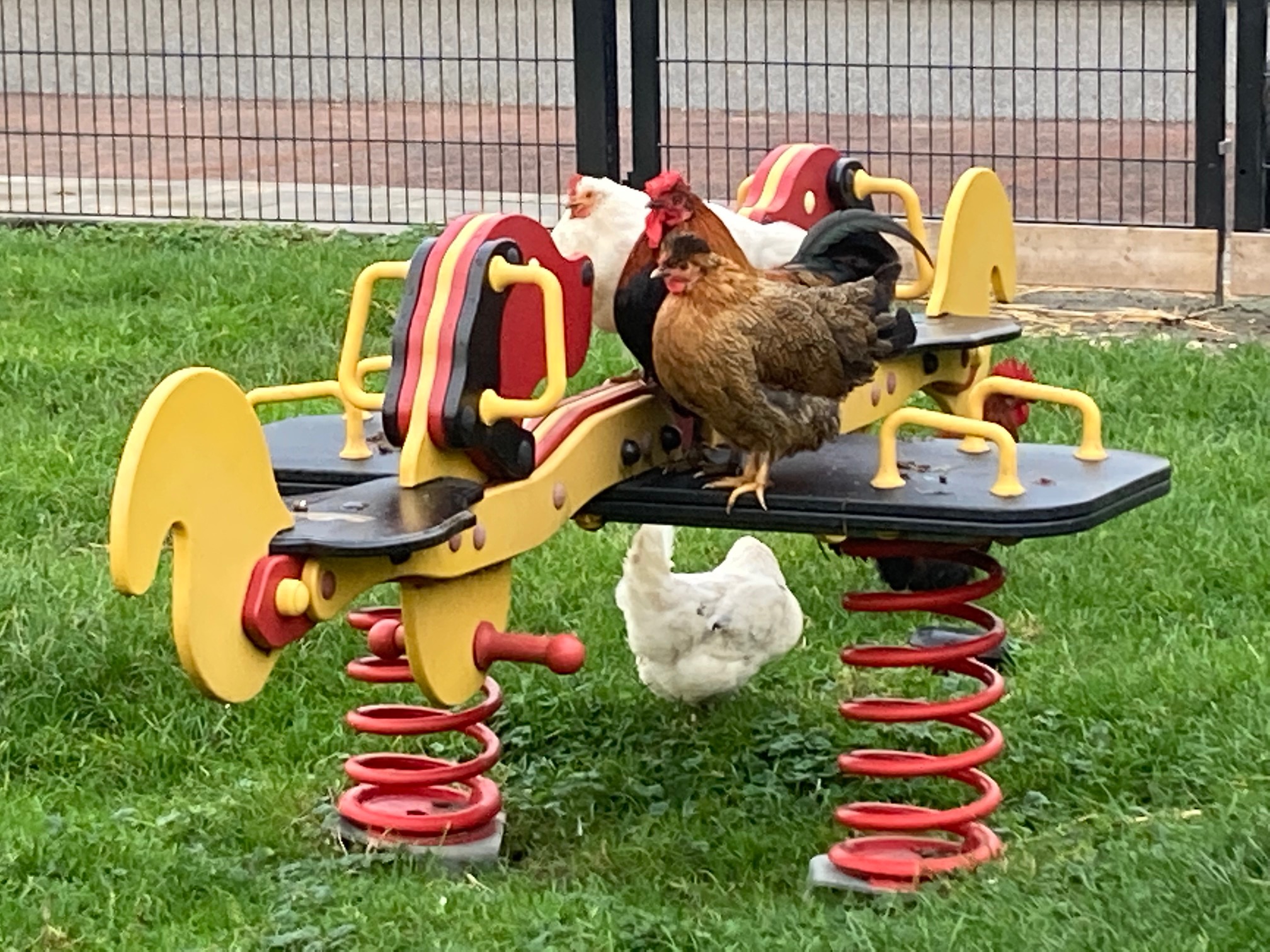Hens’ earthworm diet responsible for high level of PFAS in eggs

The high concentration of PFAS chemicals in the eggs of hens kept as a hobby appears to be largely down to their earthworm diet, according to research by engineering group Arcadis for four local authorities.
The researchers were looking for potential sources of PFAS, forever chemicals which have been linked to cancer, close to the Chemours factory in Dordrecht.
The researchers first established the soil itself was not the main source of the chemical pollution. After checks on other potential sources, such as chicken feed, medicine, water and worms, the research team concluded worms, a popular food for free-range hens, were largely to blame.
The high concentration of PFAS in worms was significant enough to count for most of the PFAS in eggs, but that other sources cannot be ruled out, Arcadis said.
The public health institute RIVM is now extending the research project nationwide.
The research was started last October on the advice of a number of regional health bodies and Wageningen University, after high concentrations of PFAS were found in eggs laid by hens living on small-holdings close to the factory.
However, further analysis showed that the type of PFAS in the eggs, was PFOS or Perfluorooctanesulfonic acid and, the researchers said, “as far as they were aware” it had never been used in the Chemours production process.
In the Netherlands, there is mounting concern about contamination by PFAS, a complex group of chemicals linked to cancer and other health issues.
Water pollution
Dutch water companies are also worried that new projected EU guidelines to combat PFAS chemicals do not include a ban on their use in pesticides and say this is threatening drinking water quality.
The EU plans to stop the use of the harmful PFAS in many industries but not their inclusion in pesticides because these fall under separate EU regulations.
Two years ago the Dutch public health institute RIVM warned people who go fishing as a hobby to sharply reduce their consumption of fish, shrimp, oysters and mussels caught in the Westerschelde estuary because of chemical pollution.
Fish and shellfish caught in the estuary can contain eight to 10 times the amount of PFAS found in similar products sold in the shops, the RIVM said at the time.
Thank you for donating to DutchNews.nl.
We could not provide the Dutch News service, and keep it free of charge, without the generous support of our readers. Your donations allow us to report on issues you tell us matter, and provide you with a summary of the most important Dutch news each day.
Make a donation